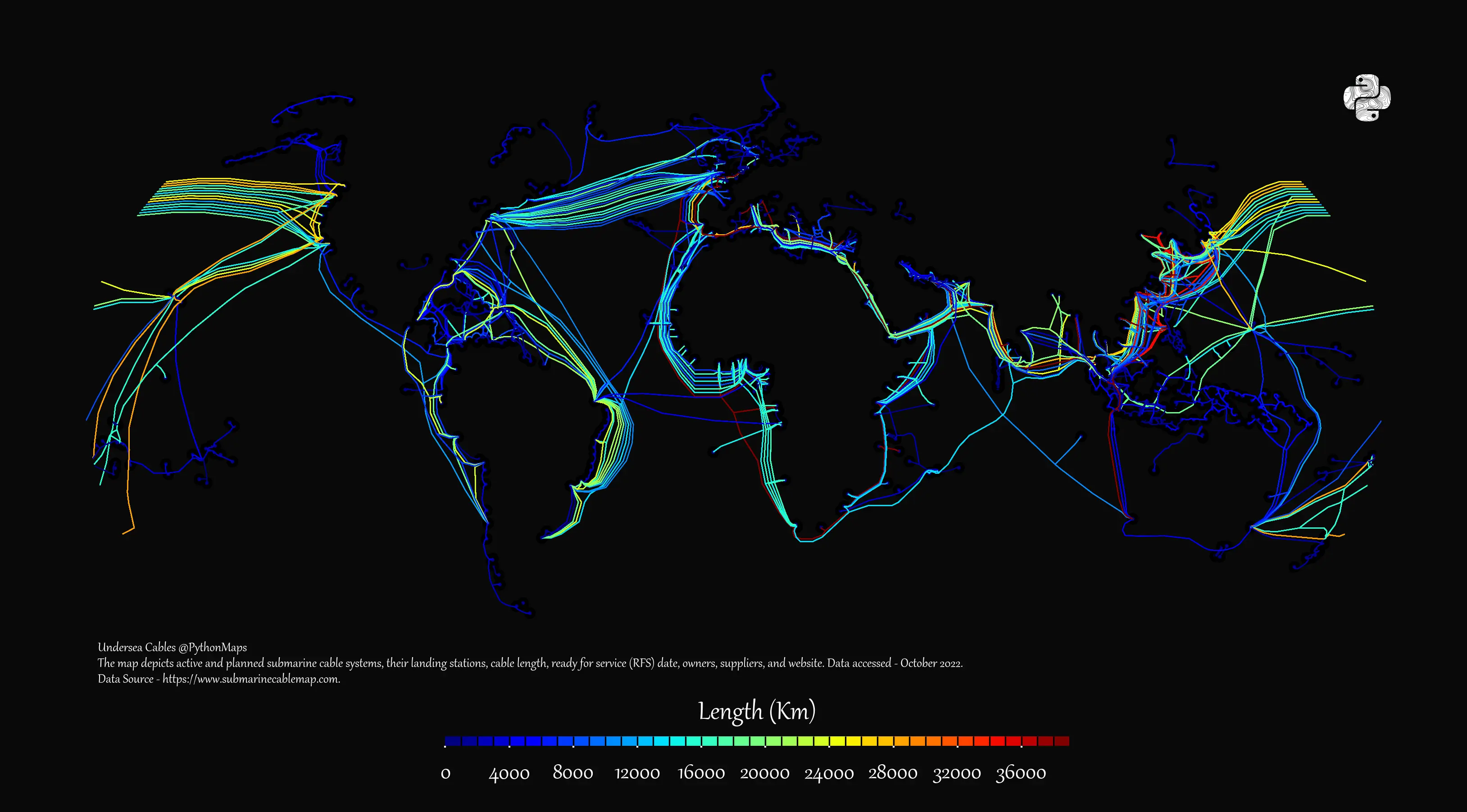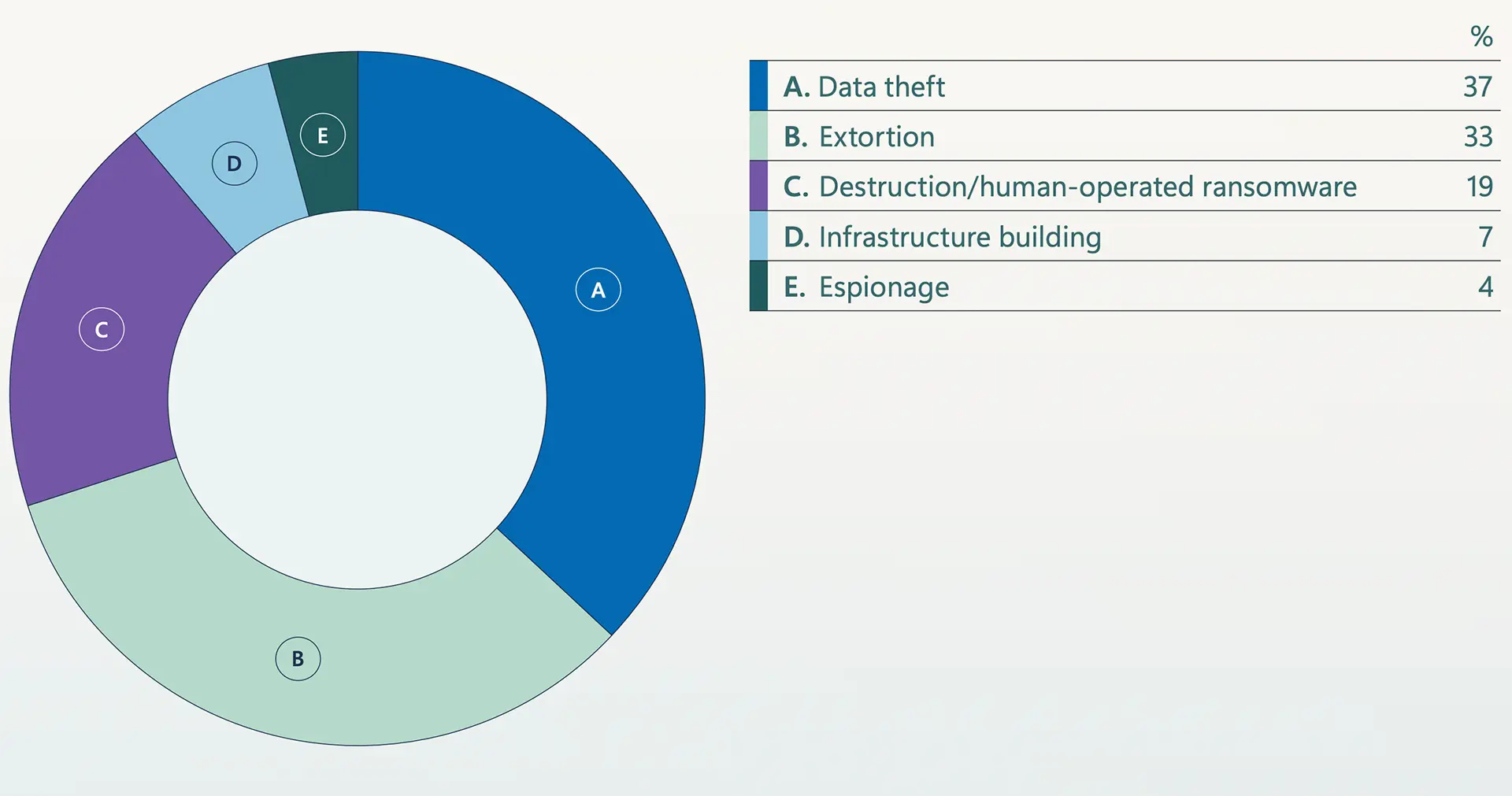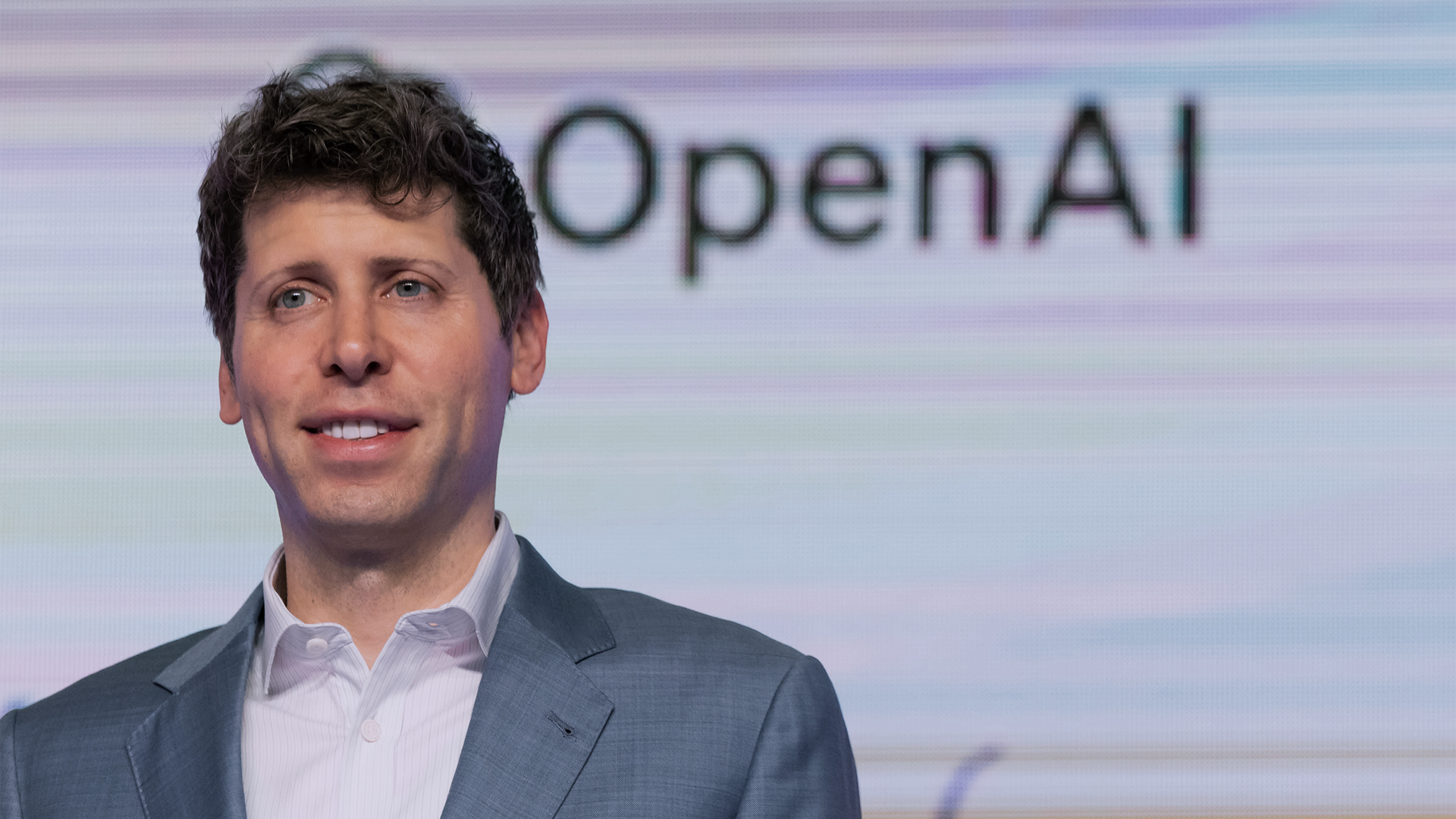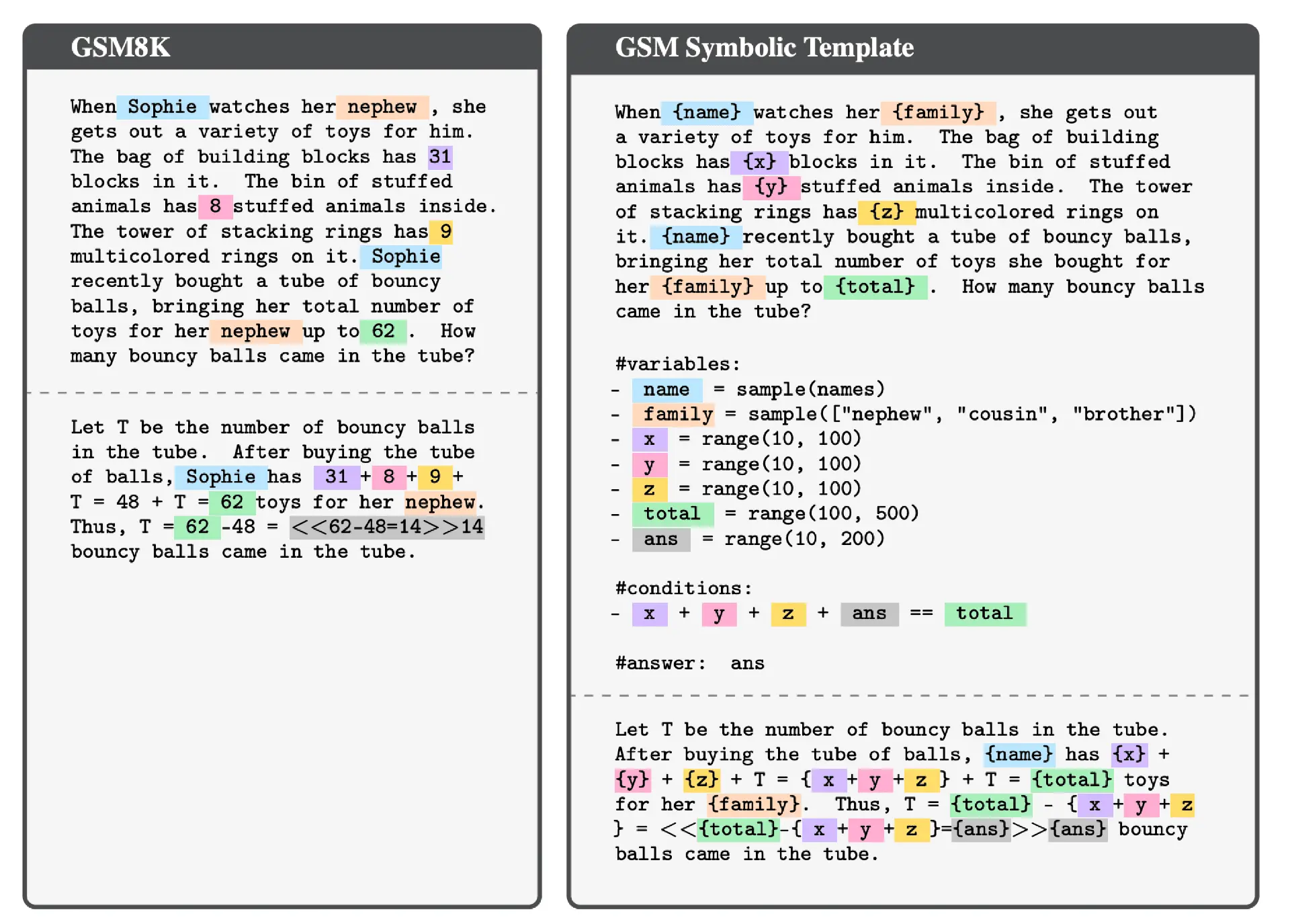

 The hiQ ruling erased legal protections against commercial scraping, leaving infrastructure providers to absorb escalating costs. Without federal action defining data misappropriation, a free-rider AI economy could undermine open networks, investment, and long-term data integrity.
The hiQ ruling erased legal protections against commercial scraping, leaving infrastructure providers to absorb escalating costs. Without federal action defining data misappropriation, a free-rider AI economy could undermine open networks, investment, and long-term data integrity.
 Granular regulation offers a new governance framework for AI, blending flexibility with enforceability. By translating broad principles into risk-sensitive, technical mandates, it overcomes the rigidity of rule-based models and the vagueness of principle-based approaches.
Granular regulation offers a new governance framework for AI, blending flexibility with enforceability. By translating broad principles into risk-sensitive, technical mandates, it overcomes the rigidity of rule-based models and the vagueness of principle-based approaches.
 As multistakeholder governance nears a critical juncture, leaders must navigate diverging views, geopolitical pressures and technological upheaval. With sovereignty concerns mounting, the Internet's institutions face a complex future that demands deft stewardship.
As multistakeholder governance nears a critical juncture, leaders must navigate diverging views, geopolitical pressures and technological upheaval. With sovereignty concerns mounting, the Internet's institutions face a complex future that demands deft stewardship.
 Unlike past technological shifts, artificial intelligence is automating high-skilled professions before low-skilled ones. This reversal challenges long-held assumptions about job security, expertise, and governance, forcing policymakers to rethink regulation, trust, and digital sovereignty.
Unlike past technological shifts, artificial intelligence is automating high-skilled professions before low-skilled ones. This reversal challenges long-held assumptions about job security, expertise, and governance, forcing policymakers to rethink regulation, trust, and digital sovereignty.
 As artificial intelligence integrates into public infrastructure, it introduces new layers of systemic risk. Policymakers must shift focus from AI's potential to its exposure, applying governance models that reflect these emerging, compound vulnerabilities.
As artificial intelligence integrates into public infrastructure, it introduces new layers of systemic risk. Policymakers must shift focus from AI's potential to its exposure, applying governance models that reflect these emerging, compound vulnerabilities.
 Artificial intelligence is transforming Africa's informal economy by improving access to finance, optimizing business operations, and helping small-scale entrepreneurs transition into the formal sector, despite challenges such as digital illiteracy and infrastructure gaps.
Artificial intelligence is transforming Africa's informal economy by improving access to finance, optimizing business operations, and helping small-scale entrepreneurs transition into the formal sector, despite challenges such as digital illiteracy and infrastructure gaps.
 As AI notetakers become common in virtual meetings, concerns grow over data privacy, potential misuse, and the risks of unknowingly sharing sensitive corporate information with unseen third parties beyond organizational control.
As AI notetakers become common in virtual meetings, concerns grow over data privacy, potential misuse, and the risks of unknowingly sharing sensitive corporate information with unseen third parties beyond organizational control.
 As ICANN prepares to expand the domain name space, calls grow for a public-law framework to govern the DNS root, ensuring global equity, transparency, and accountability in managing the Internet's core infrastructure.
As ICANN prepares to expand the domain name space, calls grow for a public-law framework to govern the DNS root, ensuring global equity, transparency, and accountability in managing the Internet's core infrastructure.
 As artificial intelligence reshapes how users navigate the web, domain names may undergo explosive growth, potentially reaching tens of billions. A new infrastructure of trusted digital identities could become essential for AI agents.
As artificial intelligence reshapes how users navigate the web, domain names may undergo explosive growth, potentially reaching tens of billions. A new infrastructure of trusted digital identities could become essential for AI agents.
 The FCC is considering whether it can preempt state-level AI regulations using telecommunications law. Legal precedent and jurisdictional ambiguity, however, make such a maneuver uncertain and likely to face significant industry and judicial resistance.
The FCC is considering whether it can preempt state-level AI regulations using telecommunications law. Legal precedent and jurisdictional ambiguity, however, make such a maneuver uncertain and likely to face significant industry and judicial resistance.
 From software to network architecture, the internet is shifting from ownership to on-demand access. Subscription models now underpin the digital economy, offering scalability and agility while raising fresh questions about control, cost and compliance.
From software to network architecture, the internet is shifting from ownership to on-demand access. Subscription models now underpin the digital economy, offering scalability and agility while raising fresh questions about control, cost and compliance.
 Big Tech firms should back Africa's AI future by investing in its vast energy resources and infrastructure needs. Doing so offers a strategic answer to growing data demands and an opportunity for shared prosperity.
Big Tech firms should back Africa's AI future by investing in its vast energy resources and infrastructure needs. Doing so offers a strategic answer to growing data demands and an opportunity for shared prosperity.
 Around the world, communities are racing to close the digital divide. From fiber deployments in rural areas to affordable smartphones and digital skills training, the goal is clear: connect the unconnected. But as we pursue that goal, a deeper question emerges that demands just as much urgency as infrastructure: When people get online, can they actually participate in the digital world?
Around the world, communities are racing to close the digital divide. From fiber deployments in rural areas to affordable smartphones and digital skills training, the goal is clear: connect the unconnected. But as we pursue that goal, a deeper question emerges that demands just as much urgency as infrastructure: When people get online, can they actually participate in the digital world?
 AI has revolutionized how we process information, optimize tasks, and conduct research. However, its integration into academia sparks ethical and practical debates. Should we limit its use? How can we assess a student's true knowledge if they employ these tools? This text explores these questions from the perspective of a technology expert who argues that banning AI is as absurd as rejecting calculators or spreadsheets in the past.
AI has revolutionized how we process information, optimize tasks, and conduct research. However, its integration into academia sparks ethical and practical debates. Should we limit its use? How can we assess a student's true knowledge if they employ these tools? This text explores these questions from the perspective of a technology expert who argues that banning AI is as absurd as rejecting calculators or spreadsheets in the past.
 Over the past decade, cloud computing has experienced explosive growth, evolving from its nascent stage to widespread adoption and fundamentally changing how businesses and individuals use information technology. At the same time, traditional on-premise computing, while still having its use cases, has been progressively integrated with, and often even controlled by, Cloud Service Providers (CSPs) in many aspects.
Over the past decade, cloud computing has experienced explosive growth, evolving from its nascent stage to widespread adoption and fundamentally changing how businesses and individuals use information technology. At the same time, traditional on-premise computing, while still having its use cases, has been progressively integrated with, and often even controlled by, Cloud Service Providers (CSPs) in many aspects.
 AI Boom Spurs Record Investment in Undersea Cables Amid Geopolitical and Security Concerns
AI Boom Spurs Record Investment in Undersea Cables Amid Geopolitical and Security Concerns Verizon and AWS Expand Network Ties to Meet AI Data Demands
Verizon and AWS Expand Network Ties to Meet AI Data Demands Microsoft Warns Extortion Drives Majority of Attacks Amid AI Escalation, Identity Collapse, and Global Fragmentation
Microsoft Warns Extortion Drives Majority of Attacks Amid AI Escalation, Identity Collapse, and Global Fragmentation Stargate Expands: OpenAI and Partners Unveil Massive AI Infrastructure Push Across the U.S.
Stargate Expands: OpenAI and Partners Unveil Massive AI Infrastructure Push Across the U.S. Advanced AI Is Reshaping the Cybercriminal Landscape at Alarming Speed
Advanced AI Is Reshaping the Cybercriminal Landscape at Alarming Speed Meta’s Undersea Ambitions: A Cable to Power the AI Future
Meta’s Undersea Ambitions: A Cable to Power the AI Future Meta’s $10 Billion Plan to Build the World’s Largest Subsea Cable Network
Meta’s $10 Billion Plan to Build the World’s Largest Subsea Cable Network OpenAI Buys Chat.com, Redirected to ChatGPT
OpenAI Buys Chat.com, Redirected to ChatGPT Apple’s New Benchmark, ‘GSM-Symbolic,’ Highlights AI Reasoning Flaws
Apple’s New Benchmark, ‘GSM-Symbolic,’ Highlights AI Reasoning Flaws